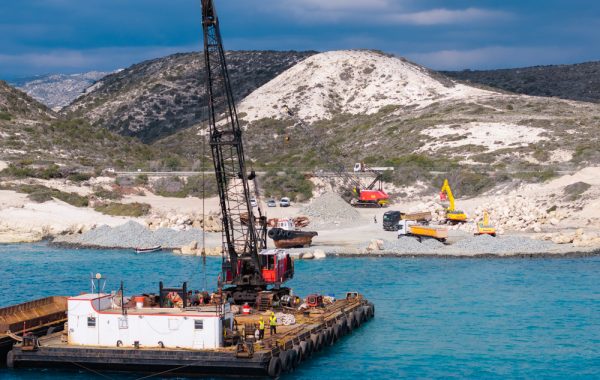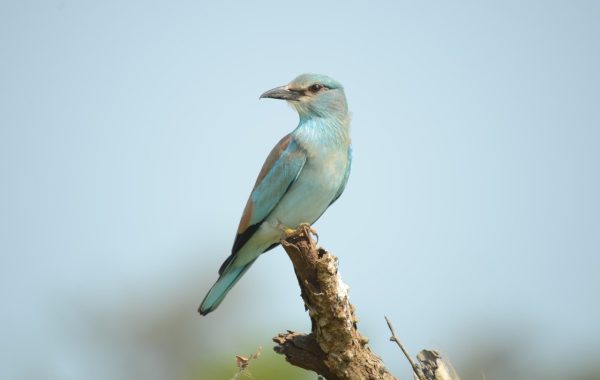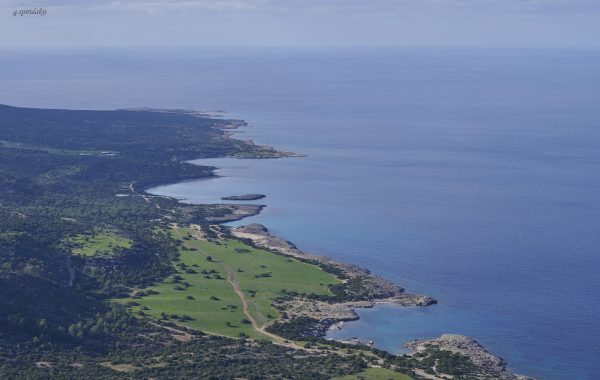Civil society finally had the opportunity to officially voice its opinion about the sustainability of all forms of bioenergy as the European Commission in February opened a public consultation on a new EU policy on sustainable bioenergy for the period 2020-2030. BirdLife Europe’s contribution to the consultation stresses the fact that the current use of bioenergy in the EU is not sustainable and that new policy measures are urgently needed.
In its contribution, BirdLife Europe acknowledges that sustainable bioenergy has a role to play in Europe’s transition to a renewable and more efficient energy mix. However, as one of the first NGOs to flag the issues arising from bioenergy use, it also highlights the dangers. For example, increasing biomass use for energy could not only lead to a failure to cut CO2 emissions but also to wider environmental damage through direct and indirect land use change, biodiversity loss and changes in forest management.
BirdLife Europe, together with other European NGOs call on the EU to introduce four main safeguards for bioenergy use as part of the EU’s 2030 climate and energy policies:
- introduce a cap to limit the use of biomass for energy production to levels that can be sustainably supplied;
- ensure efficient and optimal use of biomass resources, in line with the principle of cascading use (i.e. use of biomass for higher added value products, as material input, before it’s used as an energy source);
- ensure carbon emission savings and apply correct accounting of all bioenergy emissions
- introduce comprehensive, binding environmental and social sustainability criteria.
Highest environmental risks are related to the use of crops grown on agricultural land and trees from additional harvests for bioenergy, driving increasing pressure on land and forests. BirdLife Europe calls for exclusion and phase out of these biomass sources from energy use and focus on the use of agricultural and forestry residues, bio-based waste streams and manure.
BirdLife Europe also highlights that measures promoting sustainable forest management or agriculture as such are not viable solutions to guarantee sustainable and climate friendly bioenergy and not the right starting point for a new policy. The policy should rather focus on what kind of biomass and how much is burned for energy.
Ariel Brunner, Senior Head of Policy at BirdLife Europe, stated: “Bioenergy in the EU has gone badly wrong. Instead of wise use of waste streams we have been promoting everything from deforestation to conversion of natural grasslands to intensive monocultures to land grabs. It’s time for fundamental change.”
Trees Robijns, Senior Agriculture and Bioenergy Officer added: “Biomass and land producing it are scarce resources underpinning the circular economy, and life itself. We cannot just burn it regardless of availability, environmental and social impacts and competition with other uses.”



